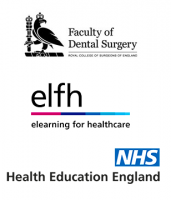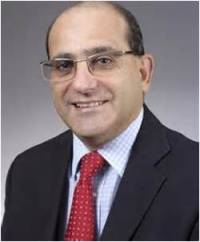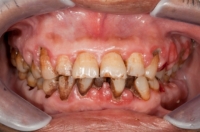The Role of Bacteria in Oral Health course for Dental Practice



This session explores the role of bacteria in oral health and how, through inadequate self-care, ill health may occur.
Learning Objectives
By the end of this session you will be able to:
- Explain how bacteria causes disease
- List the two types of antibiotics
- Describe an example of how bacteria are used to benefit heath
In order to develop an understanding of the disease process, this session explores the role of bacteria and how ill health may occur through inadequate self-care. We do this by stating the factors that make bacteria pathogenic, linking these to the development of dental caries, gingival and periodontal disease.
Before commencing this session you should you have knowledge of:
- Caries
- Periodontal pathogenesis
Michael Wheeler qualified as a Dental Hygienist in the late seventies, spending his early career in the Royal Air Force. His first NHS appointment was as Oral Health Promotion Co-ordinator in Somerset focusing on both the development of programmes for care staff and those in early years education. Mike then held a variety of NHS management appointments ranging from developing a community dental service to PDS to commissioning of dental services, including the introduction of the 2006 dental contract; more recently he was responsible for the management of Bristol Dental Hospital and School.
He is a past president of BSDHT and trustee of the British Dental Health Foundation. Currently Michael combines a role in general dental practice with training members of the wider dental team, as well as being Dental Advisor to the Centre for Workforce Intelligence and a Dental Tutor for the South West Dental Deanery.

- Medical and Pharmacology | Human diseases and medi...
- Posted By eIntegrity Healthcare e-Learning
- Posted Date: 2024-11-06
- Location:Online
- This session will describe rheumatoid arthritis (RA), systemic lupus erythaematosus (SLE) and Sjögren’s syndrome. It will also identify the medications used for each condition and consider the impact of each condition on dental care.
- Medical and Pharmacology | Human diseases and medi...
- Posted By eIntegrity Healthcare e-Learning
- Posted Date: 2024-11-06
- Location:Online
- This session provides an overview of some of the clinically important respiratory challenges you may come across as a dental practitioner.
- Medical and Pharmacology | Human diseases and medi...
- Posted By eIntegrity Healthcare e-Learning
- Posted Date: 2024-11-06
- Location:Online
- This session describes the signs and symptoms that may manifest in patients diagnosed with common renal problems and the relevance of common renal disorders to the delivery of dental care.
- Medical and Pharmacology | Human diseases and medi...
- Posted By eIntegrity Healthcare e-Learning
- Posted Date: 2024-11-06
- Location:Online
- This session will look at the relevance of common neurological disorders to the delivery of dental care by the dental practitioner.
- Medical and Pharmacology | Human diseases and medi...
- Posted By eIntegrity Healthcare e-Learning
- Posted Date: 2024-11-06
- Location:Online
- This session will look at the signs and symptoms of neurological disorders and how the dental practitioner may recognise them.







